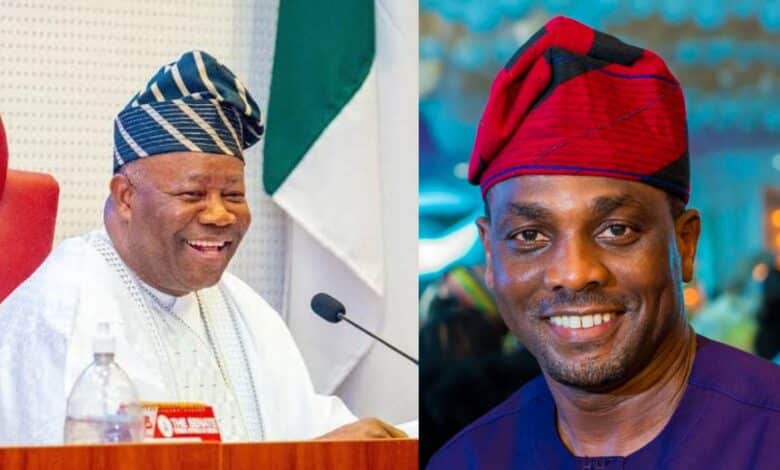Petition Urges Senate to Restrict Central Gaming Bill to FCT Only

Iyke Bede reports that a petition by the Federation of States Gaming Regulators of Nigeria (FSGRN) is urging the Nigerian Senate to reject the Central Gaming Bill. The petition highlights concerns that the proposed legislation will significantly reduce state control over lottery activities and undermine the principles of fiscal federalism in Nigeria.
For the FSGRN, the opposition to the bill is rooted in both constitutional and financial considerations. Currently, Nigerian states have the authority to license, regulate, and tax gaming operators within their jurisdictions, which contributes to their internally generated revenue. The federation argues that if the Central Gaming Bill becomes law, these functions would be transferred to the federal government, thereby diminishing state authority and disrupting the fiscal balance established by Nigeria’s federal structure.
The contentious bill, identified as HB.2062, was recently passed by the House of Representatives. It aims to repeal the existing National Lottery Act No. 7 of 2005 and the National Lottery (Amendment) Act No. 6 of 2017, proposing instead a unified framework to regulate gaming nationwide.
In its petition addressed to Senate President Godswill Obot Akpabio, the FSGRN asserts that “the National Assembly’s lawmaking powers in this area extend only to the Federal Capital Territory (FCT).” The group contends that any attempt to extend regulatory authority over gaming activities beyond the FCT to the states would be unconstitutional and incompatible with Nigeria’s federal system.
Read Also: PowerLotto Champions Unified Regulations and Player Protection in Nigeria
The petition draws support from a Supreme Court judgment delivered on November 22, 2024, in the case of Attorney General of Lagos State & Ors v. Attorney General of the Federation, National Assembly & Ors (SC.1/2008). The Court ruled that lotteries, betting, and gaming are residual matters under the 1999 Constitution, meaning they are primarily reserved for state legislatures to regulate. The Court clarified that the National Assembly’s regulatory powers are limited to the FCT.
The FSGRN emphasizes that their concerns are not solely constitutional. States currently license, regulate, and tax gaming operators, which forms an essential part of their revenue streams. They warn that federal takeover of these functions would weaken state control and undermine the financial independence of the states, thereby disrupting fiscal federalism.
The petition also addresses arguments made by proponents of the bill. Some federal lawmakers claim that online gaming constitutes interstate commerce, which falls under the Exclusive Legislative List, citing Item 62, which pertains to trade and commerce, to justify federal regulation.
However, the Supreme Court’s 2024 judgment clarifies that “the use of online platforms does not alter the constitutional division of powers.” The Court stated explicitly that “lotteries and gaming activities, while generating revenue, cannot be regulated by the provisions of an act of the National Assembly.”
In its submission, the FSGRN quotes relevant sections of this ruling, urging the Senate to recognize the Court’s position as binding. They insist that any federal regulation of gaming should be confined strictly to the FCT, leaving states to manage gaming activities within their respective territories.
The dispute surrounding the bill extends beyond legal interpretations. While the legislation is presented as a means to boost national revenue, state regulators view it as an encroachment on their authority. They argue that centralization would weaken state oversight of gaming and concentrate financial benefits in Abuja. This ongoing debate underscores the economic significance of the gaming sector and the broader issue of power distribution between federal and state governments.
Ultimately, the petition presents the Senate with a critical choice: respect the Supreme Court’s ruling and uphold state control over gaming or proceed with a bill that could deepen tensions between the federal and state levels of government.




















